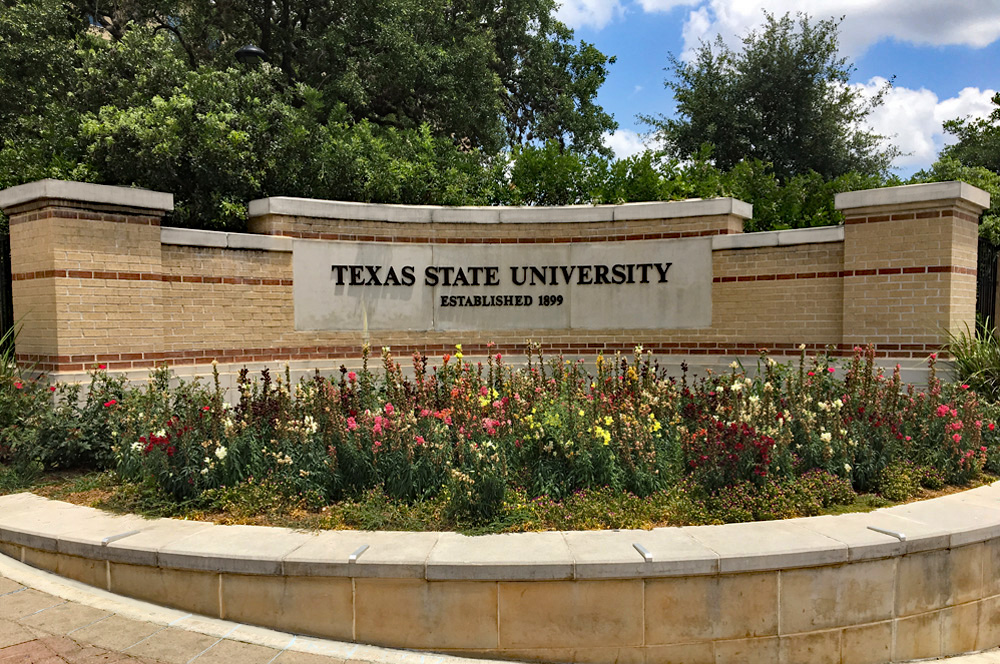
CDC Awards TXST Cooperative Agreement To Improve Chagas Disease Awareness, Education
SAN MARCOS – Paula Stigler Granados, assistant professor in the School of Health Administration, has been awarded a $130,000 grant to improve Chagas disease education and awareness in the United States.
The five-year cooperative agreement with the CDC will allow the Chagas Disease Task Force to expand its model to the entire U.S.
Granados’ team will also host monthly Extension for Community Health Outcomes (ECHO) webinars for physicians, community health workers and others interested in Chagas disease.
Zo Ramamonjiarivelo, an associate professor in the School of Health Administration, will also work on the project.
In an effort to increase awareness and improve surveillance of Chagas disease in the United States, this project will: 1) maintain and build upon the current Texas Chagas Task Force model, 2) improve healthcare provider access to expert information by using the Extension for Community Health Outcomes (ECHO) telementoring model and 3) pilot a national community health worker curriculum on Chagas disease.
Through these proposed activities, Granados’s team will develop and disseminate educational materials on Chagas disease as well as provide community-level prevention and control recommendations.
The overall goals of the project are to increase awareness of the presence of Chagas disease in the United States, improve knowledge regarding appropriate diagnosis and treatments available, and encourage multi-way communication among healthcare providers, regulatory agencies, veterinary medicine, public health networks, and the community at large regarding prevention of Chagas disease.
“We ultimately hope these efforts will help to improve morbidity and mortality outcomes of Chagas disease in the United States,” officials said.
Chagas disease is spread by triatomine insects commonly known as kissing bugs. When they bite humans, they can pass on parasites that can infect their hosts and go undetected for years or even decades.
In some people who are infected, when symptoms—including heart and sometimes intestinal problems—may finally appear, the damage may be untreatable, irreversible, and fatal.
Chagas disease affects an estimated 8 million to 11 million people globally. Although Chagas disease is most commonly found in Latin American countries, there has been a growing concern that it is vastly underestimated in the U.S.
Estimates that use modeled data suggest that there are between 326,000 and 347,000 individuals born in Latin America and now living in the United States who are infected.
It is probable that less than 1% of people living in the United States will ever receive a clinical diagnosis and even fewer will ever receive treatment mostly due to the absence of awareness by healthcare providers.
For more information, follow the Chagas Taskforce on Facebook @TexasChagas and Twitter @ChagasTexas.






